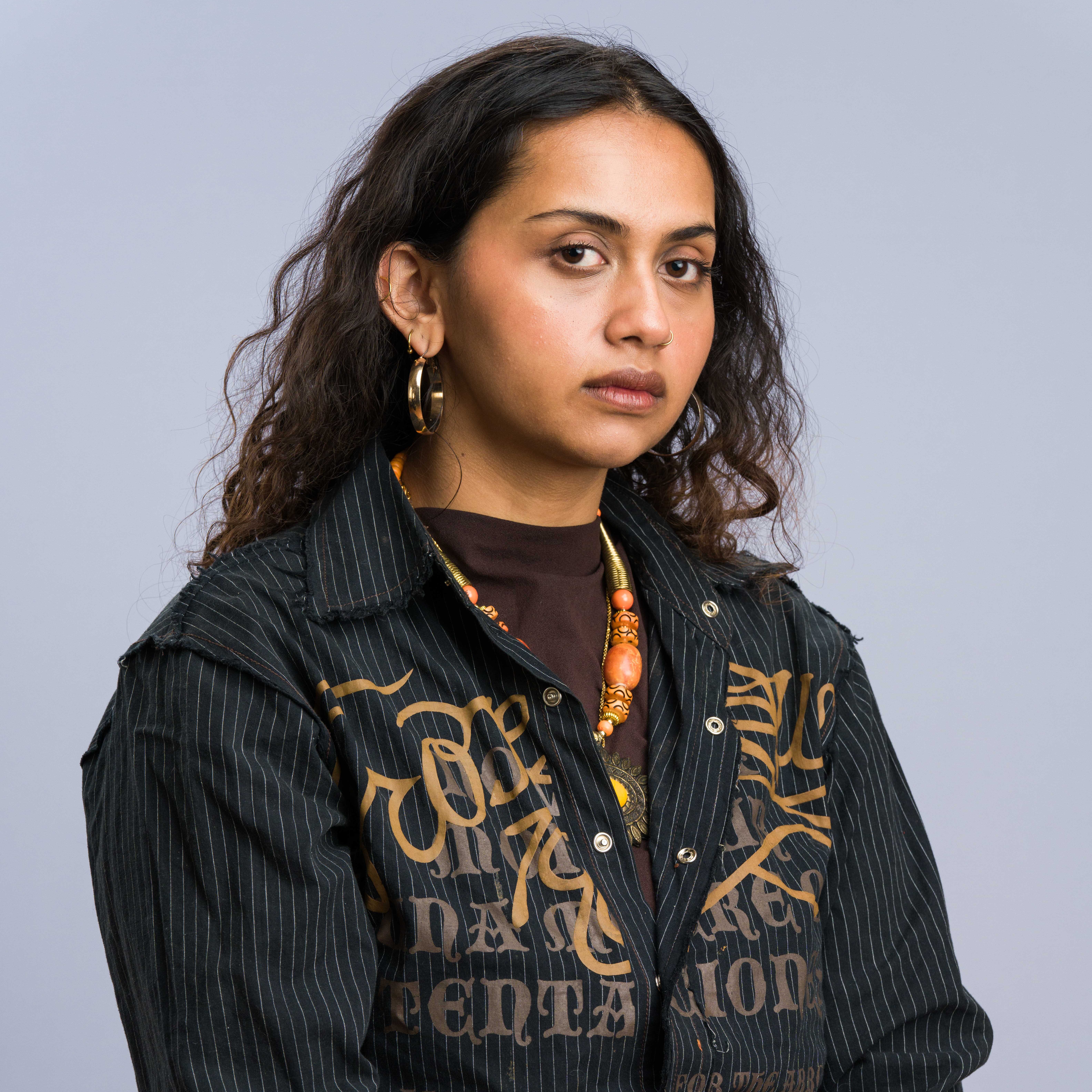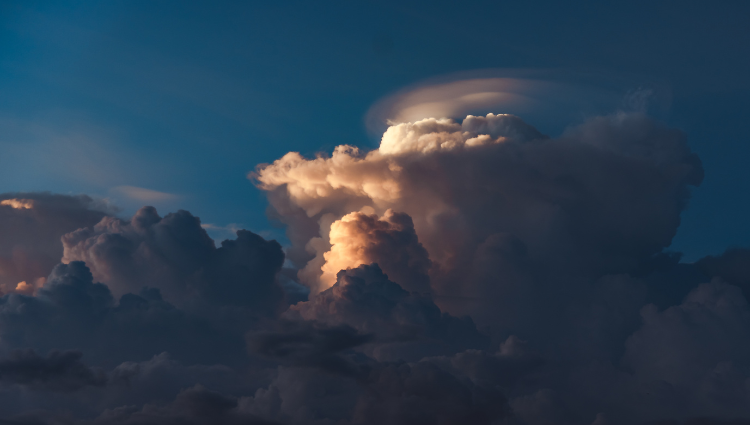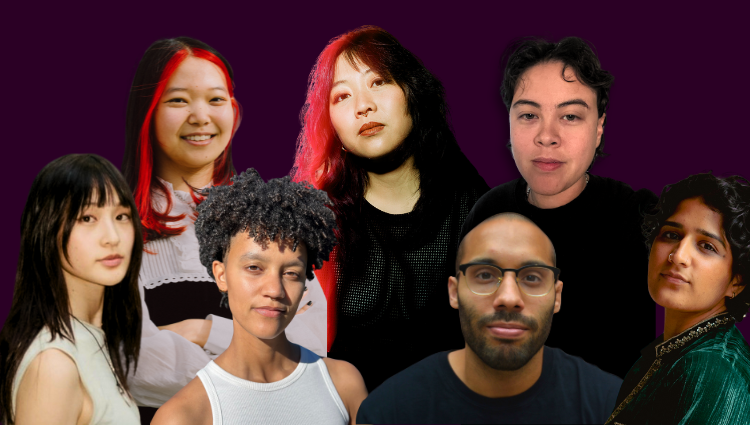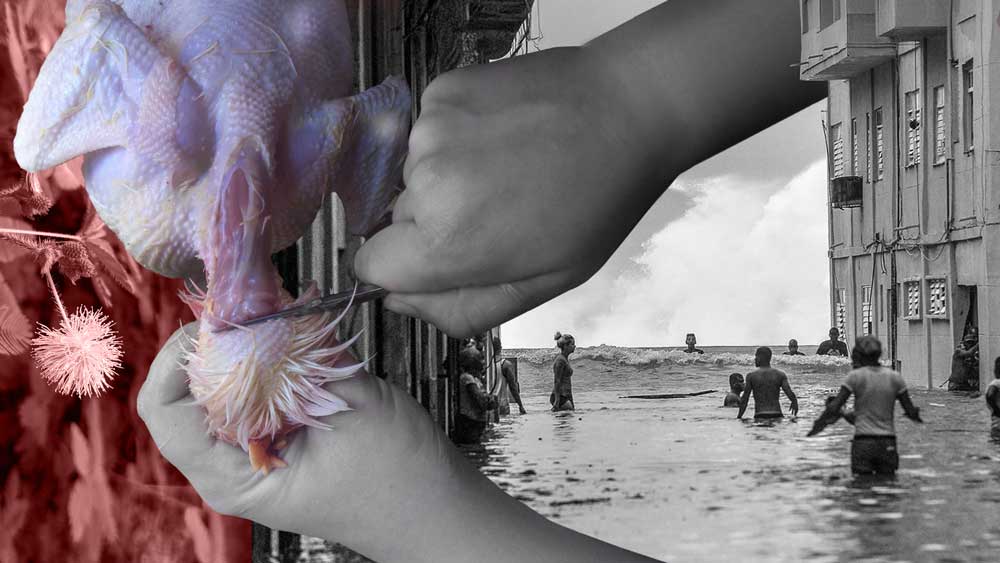Editorial Note: Sylphia Basak was a finalist for our Editors-in-Chief position for our 2025 Community Anthologies. We invited our finalists to write a short piece on the topic of their proposed anthology. Below, get insight into “On Imagination,” the anthology topic that Sylphia had proposed for her Community Anthology.
What future did our ancestors dream for us, in their darkest days?
In the twilight hours of American/Western Imperialism, I find myself thinking of the words of James Baldwin even more than I usually do:
“You think your pain and your heartbreak are unprecedented in the history of the world, but then you read. It was books that taught me that the things that tormented me most were the very things that connected me with all the people who were alive, who had ever been alive.
If we pretend otherwise, we are literally criminals. I attest to this: the world is not white; it never was white, cannot be white. White is a metaphor for power, and that is simply a way of describing Chase Manhattan Bank.”
At the time of this writing, we are at the blazing peak of this long, hot summer, amidst yet another heat wave. And this empire’s dying days are spent in both the literal and political sense, unleashing its most brutal hand through multiple simultaneous catastrophes: genocide, proxy wars, climate disasters, and economic depression. Innocent people die everyday and we watch them take their last breaths on devices made by exploited hands. New fires keep cropping up everywhere; the summer heat and storms keep breaking records, and every neighbor, it seems, is struggling to keep their head above water. We all know this is wrong. It has to end somehow. We keep waiting for the fever to break, and yet the balloon of disaster keeps swelling ceaselessly while we watch with bated breath.
I begin to allow myself some hope — like flowers sprouting through the concrete; cautiously optimistic. Maybe under these dire, bleak, apathetic conditions, seeds of change have at last begun to sprout.
Across the Global South, the colonized are laying foundations for systems that no longer rely on their oppressors. At the same as this incontrovertible rise in collective consciousness, the shadow of fascism is descending upon the masses just as quickly. Which came first? The necessary conditions for revolution cannot arise without oppression, and the imperial boomerang strikes in every corner of this stolen land we live on.
Is it safe to say we have not yet lost enough? Is it not enough to watch the live-streamed genocide of a people through our phones, knowing we fund it? Does this not give us enough reason to revolt? We must allow our most vulnerable here, be subject to the same fate? We failed to stop fascism here in its tracks. And whatever we are made to feel here, the people of Palestine, of Sudan, of Congo, will feel tenfold.
Those techno-feudal lords of the internet on which we rely keep us stuck in a state of eternal present — one of shock and anger as we bear witness to all the world’s tragedies, posted right next to the luxurious lives of the increasingly untouchable ultra-wealthy. The constant stream of information only serves to render us frozen with a sense of false satisfaction at having participated in protest by witnessing and engaging with footage of others doing it.
Part of the final strategy of colonial-capitalism is to limit the imagination of the people so as to render us hopeless. Perhaps one of the most dangerous things we can do to ourselves and others in these times is to believe what we are told by our so-called “leaders,” and to internalize the idea that there is no point in trying to fight it. Returning to the words of James Baldwin:
“History is not the past. It is the present. We carry our history with us. We are our history.”
I think of the ways our ancestors bred and kept imagination alive in the peak of the colonial empire’s power, how the road to freedom came to them in seemingly impossibly creative ways;
Women on plantations snuck seeds in their hair as they fled, knowing even if they were caught, the land would still sprout because of their bravery. Who braided hair and quilted maps to freedom. Vietcong having their strategy meetings in fishing rowboats, weaving through jungles. Indigenous languages being preserved as secrets. The Palestinian prisoners who helped entire novels be written by secretly passing paper through cells, evading the eyes of guards, writing transcripts from memory. Resistance thrives in the imagination of the colonized.
There is a reason why capitalism encourages us to root out our imagination like weeds in the garden, that we are presented with technology that numbs our minds and writes our words for us. To think, and to engage with other people’s thoughts, is to allow for the human imagination to expand, connecting with each other allows us to see what dreams we share, and to understand that the conditions we are made to endure are indeed inhumane. To know history is to understand that we have always exercised the right to revolt against our oppressors.
Hope and optimism are not necessarily “happy.” Imagination is not naive. To have hope in these times requires resolution. It is a discipline, far more than a feeling. Hope without ignorance is battle-worn. It crawls through the dirt on its hands and knees and spits out blood before smiling and shakily getting up one more time. And now more than ever, it is something we must choose every day. Imagination and hope are intrinsic to one another. If we cannot hope for a better future, we cannot then imagine what it could look like.
Imagination, in this regard, does not exist in a vacuum . We are carrying and building on those dreams that our ancestors’ had. This empire will inevitably fall, as they all do, and there will be a void in which a new world can be built. If we are to break the cycles of oppression, we must first dream of that world that we want to build after. And we must truly believe that world can be possible.
As Palestinian performance artist Fargo Tbakhi puts it, “Endings occur and recur, and the middle of revolution is long”. It is in this middle of the storm, the brewing of revolution, where we must define our goals and determine what the shape of our future can be:
What would Indigenous sovereignty look like in government? What would government look like in general? How will we trade goods in a world where people are no longer exploited for labor? How do we merge the advancement of technology with environmentalism? What initiatives would have to be put in place to mitigate climate crisis? How would our personal relationships change in a society where everyone’s basic needs (food, water, shelter) are provided for? How does this change our relationship to work?
Do what our ancestors did. It is the reason we are alive. Stare down that dark and seemingly endless barrel, and imagine the light on the other side. Dare to dream of freedom, if nothing else but to spite those who tell you there is no point.
Imagine what a world without oppression can look like. Right now, it is perhaps the most dangerous thing you can do.




